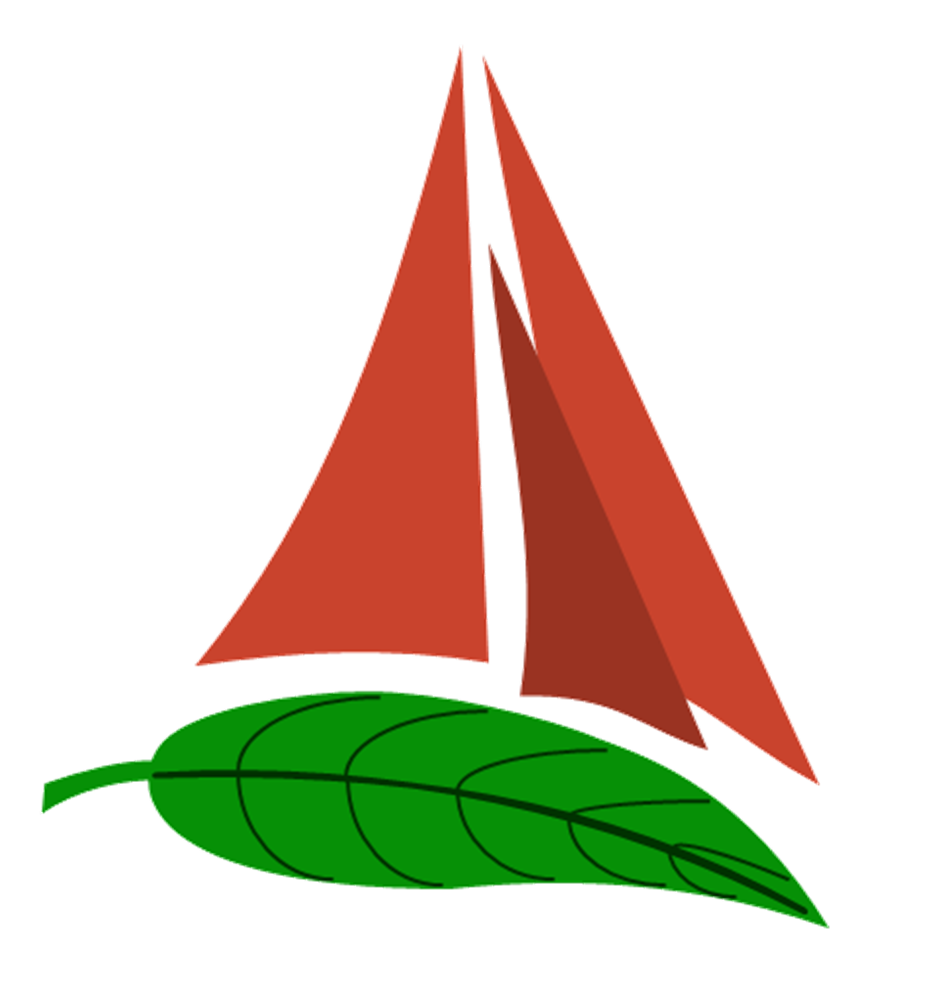GPS stand for Global Positioning System, and it is amazing. At a moments glance, your position can be triangulated to a few feet of your actual position on the surface of the Earth. Even better is when GPS is tied in with an electronic chart plotter, showing you where you are in relation to other navigational hazards.
You can sail into unknown waters and keep your boat in a safe waters while expertly avoiding wrecks and shoals! Marvelous!
While it is important to still plot your position on paper charts and know how to find your position on the water, GPS makes it so convenient and easy! You are the little boat on the map and you know where you are in relation to hazards, channels, and markers in real time as you maneuver through the waters.
Less fancy GPS systems will simply provide you with your coordinates which you can then use to plot your position on a chart. These GPS systems are available in hand held units, built in units, and even as part of modern radios. These readouts are not as fancy as the chart plotter that locate you and displays it on an interactive chart, but they work great as a backup or as an aid to make sure your sextant sighting is accurate.
As with all electronic accessories, they can die from a life in the harsh marine environment. This is why back-up systems are crucial, allowing you to plot your position on a map and keep your vessel navigating in safe waters.
On Wisdom, we have a chart plotter mounted to the binnacle, a GPS readout on our radio in the nav station, a GPS readout on our sat phone, paper charts, and a sextant. I take sights with the sextant to keep practiced, but I verify my calculations with the GPS readout on the radio. This is all well and good when out in open waters, where I can take the time to figure out where I am and plot my position; but when I'm entering a new creek with a narrow inlet, I'm watching our position on the chart plotter and verifying the depths with the depth sounder.
While there are other methods of finding your position, such as triangulation based on compass bearings to shore side structures and sextant sightings, GPS is just so easy and convenient that I highly recommend it for any cruising vessel.


